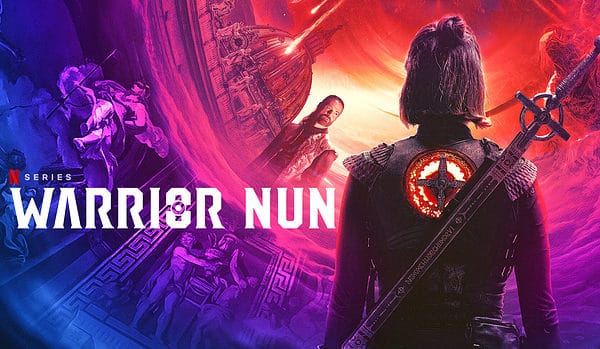Each of us, somewhere deep inside, experiences some version of conflict. We have had enough of war, enough of crisis, illness, and poverty; and we would like to end it, we would like to make the World a more beautiful place to live. Except for dreams and wishes, do people ask themselves how they can act, what they can do, how they can begin to resolve our problems? I would propose two, eternal answers to these questions; dialogue and art. And especially, talking about today’s society, it is intercultural dialogue and the huge impact of theatre, more exactly applied theatre, that can change society and inspire society’s reawakening.
Youth, Theatre and Intercultural Dialogue
Using these two answers as principles, REACH (Regional Endeavour for Art, Culture, and Health) together with its partners, INCA Catalunya from Spain, TRY Theatre from Croatia, and the Artemisszio Foundation from Hungary, organized a training course under the name Youth, Theatre and Intercultural Dialogue and hosted it in Sremski Karlovci, Serbia in September and October.
The project was funded by the European Youth Foundation of the Council of Europe and the Ministry of Culture and Information of the Republic of Serbia.
The conference gathered together twenty-four socially engaged artists and youth workers from twelve different countries.
The purpose was to show the importance of intercultural dialogue and applied theatre in today’s society by putting it into practice through various exercises, methods, workshops, etc.

Photo by NNSpark Production
As one of the trainers, Emanuele Nargi, said, “Analizing different topics, using different methods through this training conference, our aim was to give young people tools that they can use after they leave this workshop, in their professional lives. Also, this gives them the opportunity to discuss the global issues we are facing.”
Through mutual communication and practical exercises, the participants had the opportunity to learn about each other and to learn from each other, which is one of the main steps in intercultural dialogue, which is, in the last analysis, one of the main steps for building peace and resolving conflicts. Conflicts start with a lack of understanding, and if people could learn how to listen more carefully, with respect, everything would become easier.

Photo by NNSpark Production
In this kind of project the best tool for developing dialogue and mutual understanding is applied theatre. There, everyone gets a chance to listen and be listened to, and everyone leaves passivity behind and becomes a doer.
Therefore the purpose of applied theatre, which all these participants experienced, is to bring about change and motivate citizens to take responsibility for their lives and the societies in which they live. Applied theater is the way to transform both the individual and the society. Applied theater is a very powerful and useful approach to making individuals aware of their role as active citizens in society.
This is exactly what our participants experienced: acting in the streets, in front of churches, at railway stations, in pubs and restaurants, and provoking reactions from the other side knowing that after their performances people would go home and talk about it or maybe just think of it, but thoughts would be launched.
A great example occurred when I joined a friend from Serbia and a friend from Greece to perform using the technique of “invisible theatre”. Talking about coffee, whose coffee is best – Turkish, Bosnian, Serbian or maybe Greek – and making local people part of the performance, making them talk, without their knowing, were moments to remember. Especially when, at the end, we got positive feedback, as we did from people in the café, with their comment, “It is not important, everything is the same”. We got a chance to provoke a reaction, but also a chance to enter into their minds and realize that there are still positive individuals who won’t judge you by any kind of stereotype.

Photo by NNSpark Production
One more important thing to mention about this project is our team of trainers and participants. Bringing together a group of young people with the same ideas, intentions, energy, and passion for theatre and people brought about an explosion of positive energy, a dynamic synergy of action and reaction.
This is a great story for those who are interested in applied theatre, and if you want to get involved you can work through existing organizations;
REACH: an organization committed to promoting and developing peace and intercultural dialogue, the values of civil society and social responsibility, art and culture, all forms of education and exchange as an integral and active contribution to contemporary society and a healthy lifestyle.
INCA: dedicated to using artistic and creative activities as tools to analyse social issues, the international nature of activities, non-formal education and the learning objectives of its foundational principles.
Perhaps you can’t change the World, but you can start with yourself.
Support us!
All your donations will be used to pay the magazine’s journalists and to support the ongoing costs of maintaining the site.
Share this post
Interested in co-operating with us?
We are open to co-operation from writers and businesses alike. You can reach us on our email at cooperations@youthtimemag.com/magazine@youthtimemag.com and we will get back to you as quick as we can.









